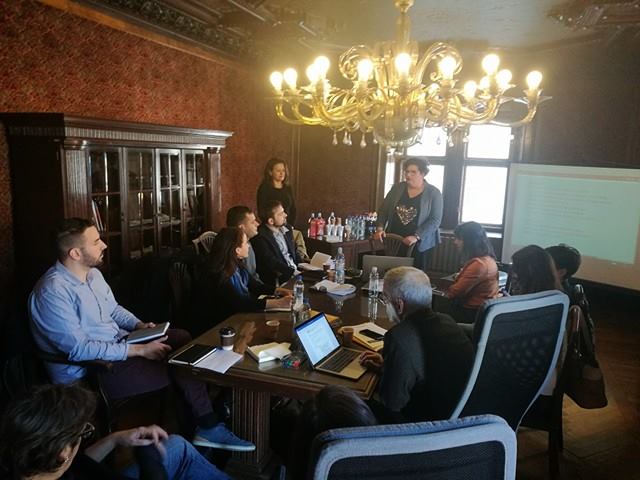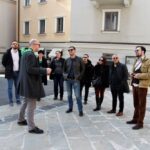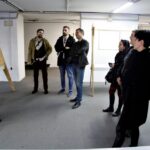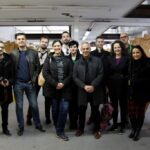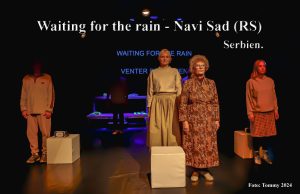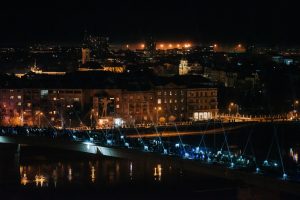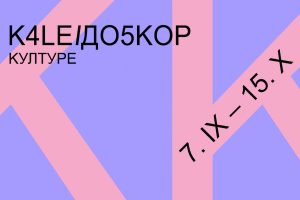Members of the Rijeka 2020 project team hosted preparatory meeting for the elaboration of the project entitled LAB for European Project Making, which was held between 13 and 15 March. The meeting was attended by the representatives of the future European Capitals of Culture – Matera 2019, Plovdiv 2019, Timișoara 2021, Eleusis 2021, as well as members of the Novi Sad 2021 team, led by Nemanja Milenković, the CEO of the ‘Novi Sad 2021 – European Capital of Culture’ foundation.
The initiative for the LAB for European Project Making emerged from the Rijeka 2020 project in order to achieve cooperation with the above mentioned future capitals. The aim of this project is to train and educate young producers and to enable them to network on a European level.
As members of the Rijeka 2020 team said, the idea of this project is to use Rijeka’s preparatory years on its way towards the European Capital of Culture in 2020 and organise, in cooperation with the above mentioned ECoC cities, a series of workshops, lectures, and study visits in order to create new networks of European cultural producers. The primary goal of the LAB for European Project Making is to significantly increase the capacities, both local and international, which would design, create and implement great European cultural projects. The goal is also to set new foundation for one of the most important European projects – European Capital of Culture, by creating a basis for future cooperation and development of human potentials.
Topics such as production planning, financing international cultural projects, managing projects, and working with audience will be in focus of this project, which should be implemented in the period between 2017 and 2019. The core of the LAB for European Project Making are producers and managers of programmes within the development of the European Capital of Culture project in Matera, Plovdiv, Novi Sad, Timișoara, Eleusis, as well as in other parts of Europe. The secondary goal is to enable networking in south, south-eastern, and central Europe, by creating more efficient and better coordinated producers and managers in culture.
